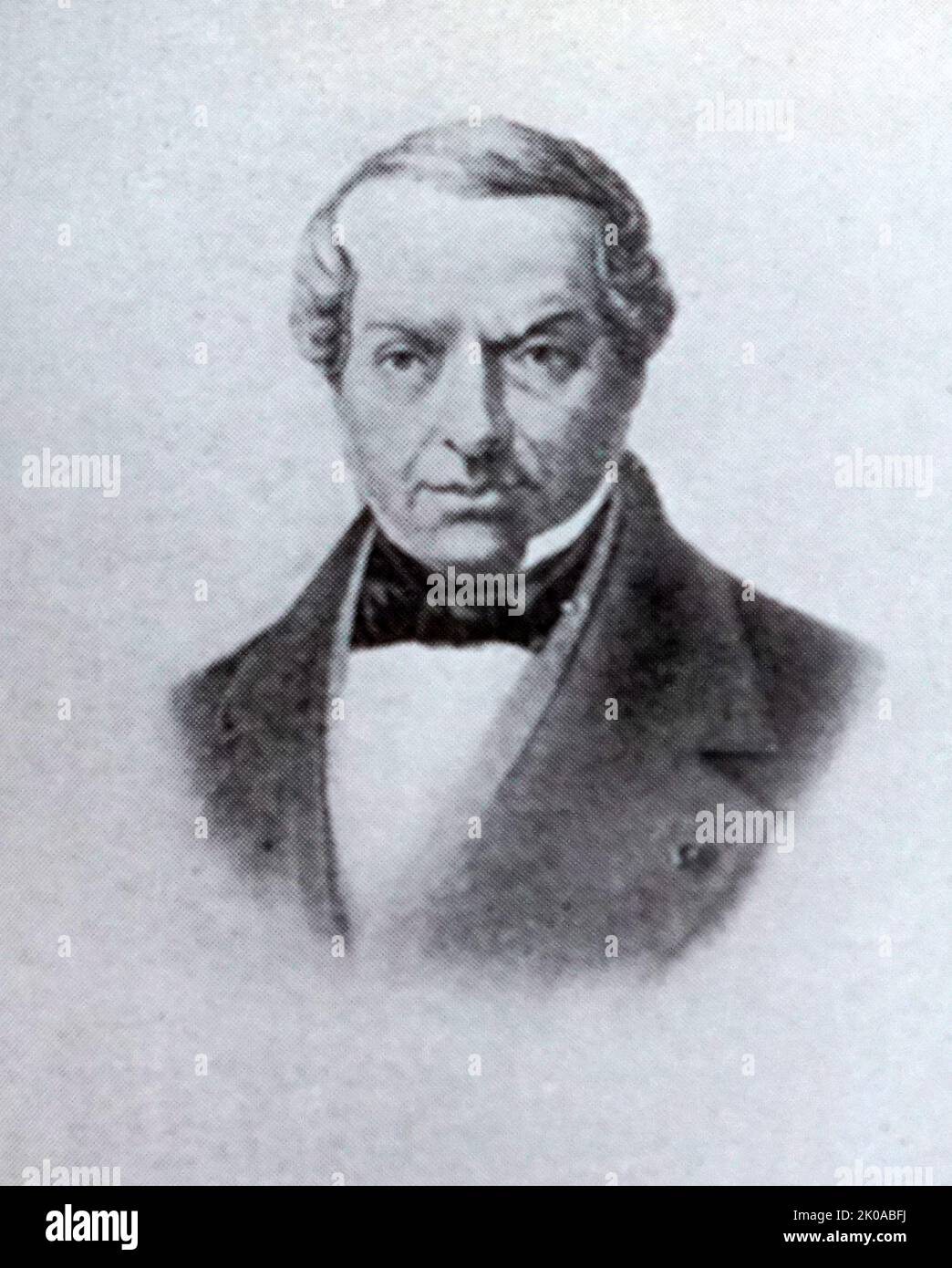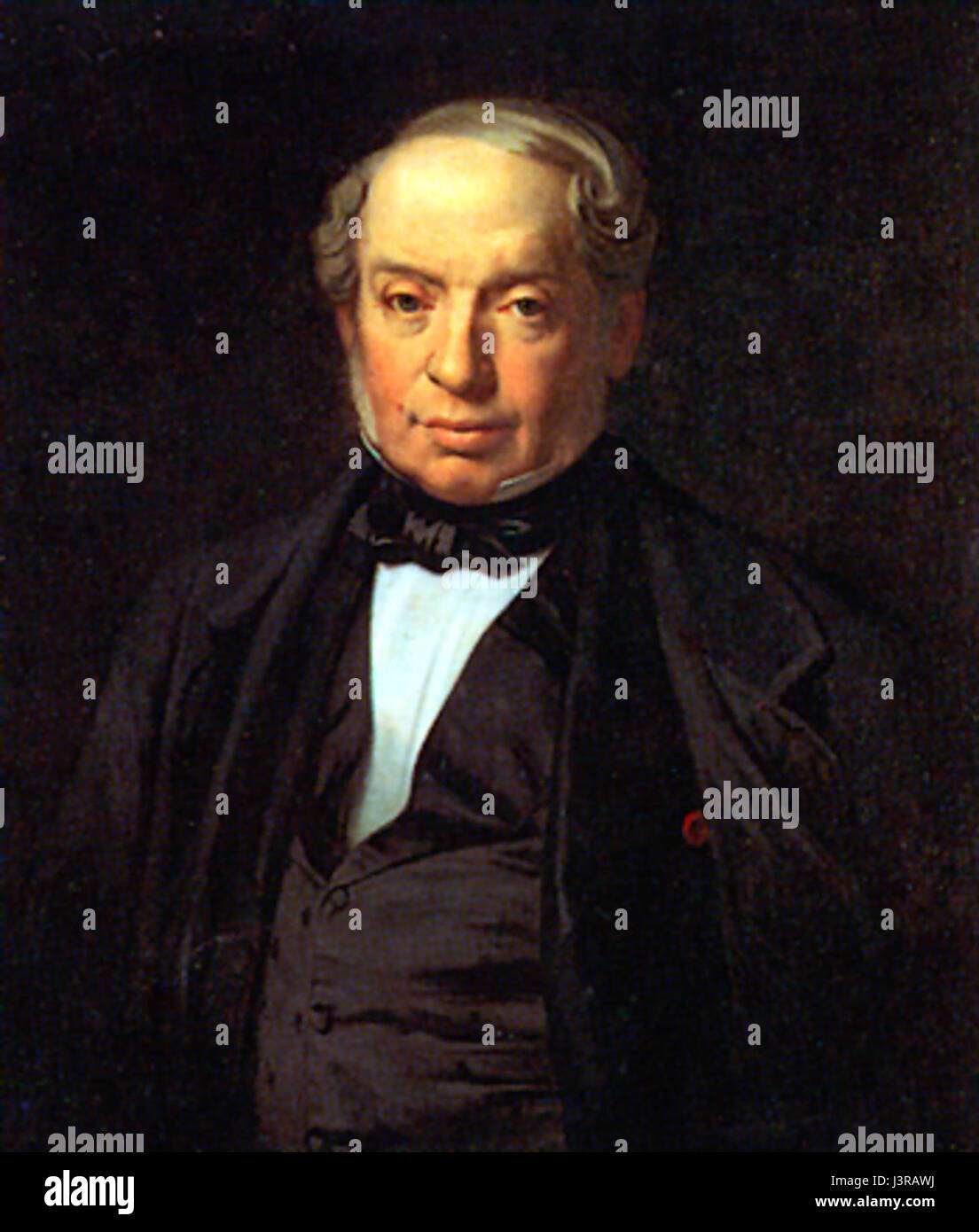Who Was James Rothschild? Unpacking A Name Of Enduring Influence
When the name "James Rothschild" comes up, it often sparks curiosity about a figure synonymous with immense wealth and historical impact. It's a name that, you know, really resonates through centuries, connected to one of the most powerful financial dynasties the world has ever seen. Interestingly, the text provided for this discussion actually talks about a very different "James"—specifically, James, a servant of God, known from the biblical Epistle, and even details about the administration and geography of James City County, Virginia. So, while that text sheds light on important historical and spiritual contexts, it doesn't directly address the renowned financier.
However, people are often quite eager to learn about the Rothschild family's story, particularly the individuals who helped shape its legendary status. This is because, well, the Rothschild name isn't just about money; it's about how global finance and diplomacy, you know, really began to take shape in the modern era. So, it's almost a given that when someone asks, "who is James Rothschild?", they're looking for insights into the person who helped lay some of the very foundations of this remarkable legacy.
Our aim here is to pull back the curtain on this specific James, exploring his life, his contributions, and the lasting mark he left on history. We'll look at how his actions, in some respects, truly cemented the family's place in the financial world. You'll get a clearer picture of not just who he was, but also the broader context of his family's incredible ascent.
Table of Contents
- Biography of James Mayer de Rothschild
- Personal Details and Bio Data
- Early Life and Family Roots
- Establishing the Paris Branch
- Financial Acumen and Strategic Vision
- Political Influence and Diplomacy
- Philanthropy and Cultural Impact
- The Enduring Legacy of James Rothschild
- Frequently Asked Questions About James Rothschild
- What's Next for the Rothschild Legacy?
Biography of James Mayer de Rothschild
James Mayer de Rothschild, born Jakob Mayer Rothschild, was, in a way, the youngest of the five sons of Mayer Amschel Rothschild, the family's founder. He came into the world on May 15, 1792, in Frankfurt am Main, which was then a free imperial city. His father, Mayer Amschel, had, you know, really started the family's banking business from humble beginnings, dealing in rare coins and then expanding into more traditional banking services. James, along with his brothers, was trained from a very young age in the intricate ways of finance and commerce. His father's vision was that each son would establish a branch of the family bank in a different major European financial capital. This strategic dispersal, you know, was pretty revolutionary for its time, allowing the family to create a truly interconnected financial network across the continent.
James was the one chosen to head the Paris branch, a critical hub in the early 19th century. He arrived in Paris in 1812, just as Europe was on the brink of significant political and economic upheaval, a time when, arguably, opportunities for shrewd financiers were abundant. He founded "de Rothschild Frères" in Paris, and it very quickly grew into one of the most powerful financial institutions in France, and indeed, in Europe. He wasn't just a banker; he was, in some respects, a master strategist, understanding the interplay between finance, politics, and international relations. His influence extended far beyond mere lending; he was involved in government bond issues, railway development, and even, you know, shaping diplomatic outcomes.
Throughout his career, James cultivated close relationships with monarchs, prime ministers, and other influential figures. He became an indispensable financial advisor to several French governments, helping to stabilize the nation's economy after the Napoleonic Wars and supporting major infrastructure projects. His ability to, like, accurately assess risk and seize opportunities was legendary. He was, apparently, a man of immense charm and sharp intellect, qualities that served him well in the often-turbulent political climate of 19th-century France. His life was, essentially, a testament to the power of strategic thinking and relentless ambition.
- Billionaire Shopping Mall Developer Rick Caruso Lists Malibu Estate For 40 Million
- Cory Spinks Net Worth
Personal Details and Bio Data
| Category | Detail |
|---|---|
| Full Name | Jakob Mayer Rothschild (later known as James Mayer de Rothschild) |
| Born | May 15, 1792 |
| Birthplace | Frankfurt am Main, Holy Roman Empire (present-day Germany) |
| Died | November 15, 1868 (aged 76) |
| Place of Death | Paris, France |
| Nationality | German (by birth), French (by naturalization) |
| Occupation | Banker, Financier, Philanthropist |
| Spouse | Betty von Rothschild (née Salomon von Rothschild) |
| Children | Alphonse, Gustave, Edmond, Salomon, Charlotte |
| Known For | Founder of the French branch of the Rothschild banking dynasty; influential financier in 19th-century Europe |
| Family | Youngest of the five sons of Mayer Amschel Rothschild |
Early Life and Family Roots
James, or Jakob as he was originally known, grew up in the Jewish ghetto of Frankfurt, a place that, you know, really shaped the early lives of all the Rothschild brothers. Their father, Mayer Amschel Rothschild, had started out as a coin dealer, and he gradually built a reputation for integrity and financial shrewdness. He was, in a way, a visionary, understanding that a unified family effort could create something far greater than individual endeavors. The boys were, apparently, steeped in the family business from a very young age, learning about trade, currency, and the subtle art of negotiation. This early immersion, you know, provided them with a pretty solid foundation for their future roles.
The family's rise began in earnest during the Napoleonic Wars. Mayer Amschel and his sons leveraged their network and their understanding of international finance to move funds across borders for various European governments, often in secret. This was, in fact, a very risky but ultimately rewarding venture. James, like his brothers, was schooled in the importance of discretion, loyalty, and unwavering commitment to the family's collective goals. This strong family bond and shared purpose were, arguably, central to their unparalleled success. They operated, in some respects, like a well-oiled machine, with each brother playing a specific, yet interconnected, role in the vast Rothschild enterprise.
The decision to send each son to a different major European capital—Frankfurt, London, Naples, Vienna, and Paris—was a stroke of genius. It allowed the Rothschilds to gather real-time intelligence on political and economic developments across the continent, giving them a significant edge over their competitors. James, as the youngest, was given the task of establishing the Paris branch, a role that, you know, really required a unique blend of charm, intelligence, and sheer determination. He had to build trust and connections in a new, often volatile, environment, and he did so with remarkable speed and effectiveness.
Establishing the Paris Branch
James Mayer de Rothschild arrived in Paris in 1812, a time when the city was a bubbling cauldron of political intrigue and economic opportunity. He founded "de Rothschild Frères," and it was, you know, pretty much an immediate success. His timing was, in some respects, perfect, as the post-Napoleonic era created a huge demand for financial services, particularly for governments needing to rebuild their economies and consolidate their debts. James quickly established himself as a key player in the French financial landscape, using his family's vast network and resources to secure lucrative deals. He was, apparently, very good at building relationships, which was crucial in the high-stakes world of 19th-century finance.
He became the principal financier for the French government, a role that, you know, really solidified his bank's position. He helped arrange significant loans for the Bourbon Restoration, playing a pivotal role in stabilizing the nation's finances after years of conflict. This wasn't just about lending money; it was about, like, strategic partnerships that tied the Rothschilds deeply into the fabric of French power. His bank was instrumental in floating government bonds, which were vital for funding public works and maintaining national stability. He understood that political stability and economic prosperity were, in a way, two sides of the same coin, and he worked tirelessly to promote both.
Beyond government finance, James also invested heavily in France's burgeoning industrial sector. He was a major backer of railway construction, recognizing that an efficient transportation network was, you know, absolutely essential for economic growth. His investments helped to connect different parts of France, facilitating trade and commerce. He also invested in mining and other industrial ventures, effectively helping to modernize the French economy. His vision was, in some respects, truly far-reaching, looking beyond immediate profits to long-term national development. He was, essentially, a driving force behind France's economic resurgence in the 19th century.
Financial Acumen and Strategic Vision
James Rothschild possessed a financial mind that was, you know, truly exceptional for his era. He had an uncanny ability to predict market movements and political shifts, allowing him to make incredibly shrewd investments. His understanding of international finance was, apparently, second to none, and he leveraged the family's global network to gather intelligence and execute complex transactions. For instance, he famously profited from the aftermath of the Battle of Waterloo, using his advance knowledge of the outcome to make strategic moves in the bond market. This foresight, in a way, became a hallmark of the Rothschild operations.
He wasn't just a lender; he was a financial architect. James pioneered new methods of international finance, including the use of syndicated loans and the issuance of large-scale government bonds across multiple countries. These innovations, you know, really helped to create a more interconnected global financial system. He understood that the family's strength lay in its unity and its ability to act quickly and decisively on a grand scale. So, he constantly communicated with his brothers, sharing information and coordinating their efforts to maximize their collective impact. This collaborative approach was, in some respects, a key factor in their enduring success.
His strategic vision extended beyond mere banking. James recognized the transformative power of infrastructure, particularly railways. He invested heavily in railway lines across France and Europe, seeing them as the arteries of future economic growth. These investments were, you know, pretty massive for their time, requiring enormous capital and a long-term perspective. He was also involved in various industrial ventures, always looking for opportunities to support innovation and expand the family's influence. His foresight in these areas demonstrates that he was, essentially, a builder of economies, not just a manager of money.
Political Influence and Diplomacy
James Rothschild's influence wasn't limited to finance; he was, in fact, a significant figure in European politics and diplomacy. His close relationships with various monarchs, ministers, and heads of state gave him unparalleled access and a unique platform to shape events. He was, apparently, a trusted advisor to King Louis-Philippe and later to Napoleon III, offering financial counsel that often had political ramifications. This made him, in a way, an unofficial diplomat, mediating between nations and helping to resolve international disputes through financial means. His ability to navigate the complex political landscape was, you know, truly remarkable.
He played a crucial role in maintaining stability in Europe, particularly after the turbulent Napoleonic era. By providing loans to governments, he helped them to manage their debts and avoid economic collapse, which could have led to further unrest. His bank was, in some respects, a lifeline for many European powers, giving him considerable leverage. He used this influence not just for financial gain, but also, arguably, to promote peace and stability, as these conditions were, of course, very conducive to banking and trade. So, his actions often had a broader impact on the continent's political equilibrium.
James also used his wealth and connections to support various political causes and figures he believed in. He was, you know, pretty adept at understanding the nuances of power and how to operate within them. His Parisian mansion became a hub for political discussions and social gatherings, attracting leading figures from across Europe. This informal diplomacy, in a way, allowed him to exert influence behind the scenes, shaping policies and fostering alliances. His political acumen was, essentially, as sharp as his financial instincts, making him a truly multifaceted figure in 19th-century Europe.
Philanthropy and Cultural Impact
Beyond his financial and political endeavors, James Rothschild was also, you know, a significant philanthropist and patron of the arts. He believed that wealth carried a responsibility to contribute to society, a value that was, apparently, deeply instilled by his family. He supported numerous charities, particularly those aiding the Jewish community and the poor in Paris. His charitable efforts were, in some respects, extensive, reflecting a genuine commitment to social welfare. He understood that, you know, true prosperity wasn't just about accumulating wealth, but also about using it for the greater good.
He was also a passionate collector of art, amassing a remarkable collection that included masterpieces by renowned artists. His patronage extended to supporting contemporary artists and musicians, helping to foster a vibrant cultural scene in Paris. His home was, in a way, a salon where artists, writers, and intellectuals gathered, creating a dynamic environment for creative exchange. This cultural engagement, you know, added another layer to his already impressive public persona. He was, essentially, a man who appreciated beauty and intellect, and he used his resources to promote both.
James also played a role in supporting the Jewish community, both in France and beyond. He contributed to the establishment of synagogues and schools, and he worked to promote Jewish rights and integration into broader society. This was, in fact, a very important aspect of his life, given the historical context of the time. His efforts in philanthropy and culture demonstrate that he was, in some respects, a man of broad interests and deep convictions, someone who used his considerable influence to make a positive difference in various spheres of life. Learn more about philanthropic efforts on our site, and you can also find out about other historical figures who shaped their times.
The Enduring Legacy of James Rothschild
James Mayer de Rothschild's legacy is, you know, truly immense and multifaceted. He not only established the most powerful branch of the Rothschild banking dynasty in France but also played a pivotal role in shaping the economic and political landscape of 19th-century Europe. His innovations in finance, his strategic investments in infrastructure like railways, and his close ties to governments fundamentally altered how nations funded themselves and how economies developed. He was, in some respects, a pioneer, setting new standards for international banking and finance. His impact was, essentially, felt far beyond the confines of his bank.
The institution he founded, de Rothschild Frères, continued to thrive for generations, adapting to changing times and remaining a significant force in global finance. His descendants continued his work, expanding the family's interests and maintaining its reputation for shrewdness and influence. The Rothschild name, because of figures like James, became synonymous with wealth, power, and a certain mystique that, you know, still fascinates people today. His story is, apparently, a powerful example of how individual ambition, combined with a strong family network, can achieve truly extraordinary things.
Even today, the Rothschild name, you know, still carries a lot of weight in financial circles and beyond. The family's historical impact on banking, industry, and even philanthropy continues to be studied and discussed. James's life serves as a powerful illustration of the profound impact a single individual can have on the course of history, especially when they operate with such strategic foresight and unwavering determination. His contributions, in a way, helped to lay the groundwork for much of the modern financial system we recognize today.
Frequently Asked Questions About James Rothschild
Was James Rothschild the richest Rothschild?
While it's difficult to give an exact figure, James Mayer de Rothschild was, in fact, one of the wealthiest individuals of his time and arguably the richest of the five Rothschild brothers. He amassed a truly colossal fortune through his banking
- Private University Presidents Making Huge Salaries
- Jeff Bezos Has Sold 10 Billion Of Amazon Stock So Far This Year

James Mayer De Rothschild Genealogy Of The Rothschild, 49% OFF

James Rothschild - Rockefeller Capital Management

James Rothschild Jewish